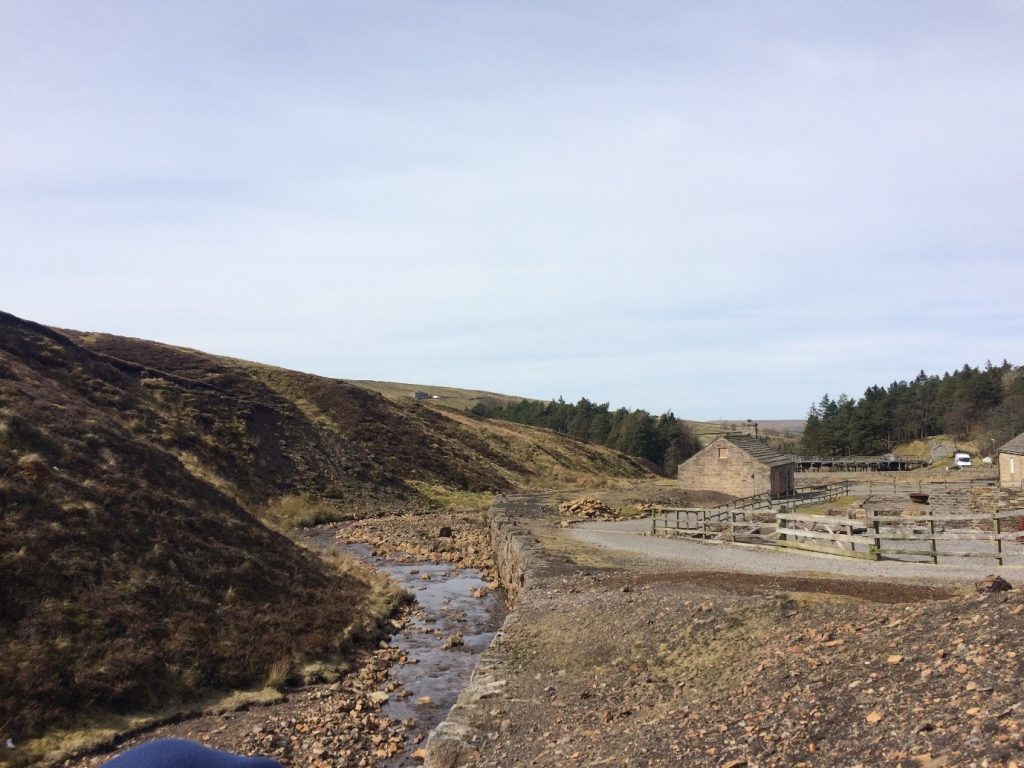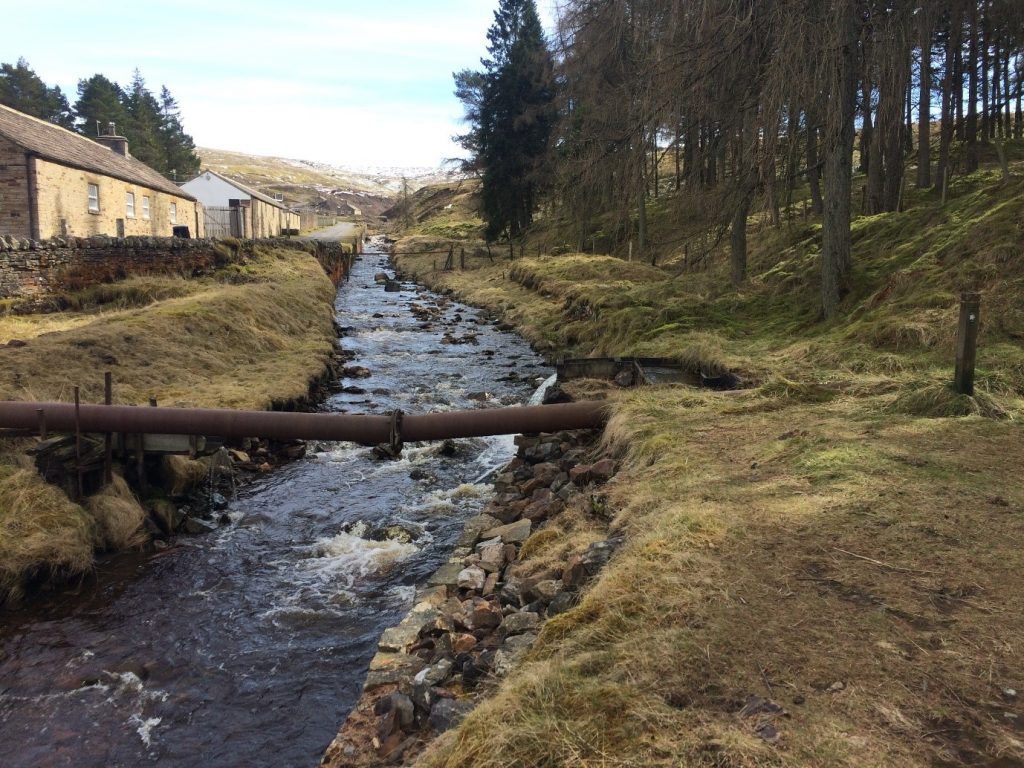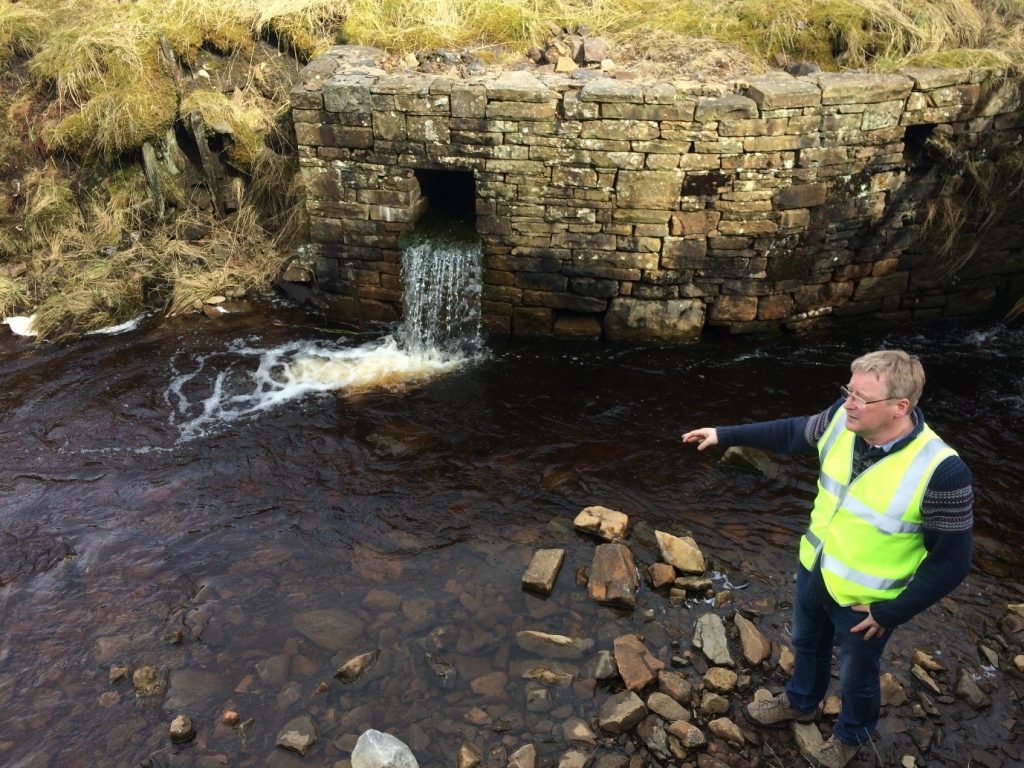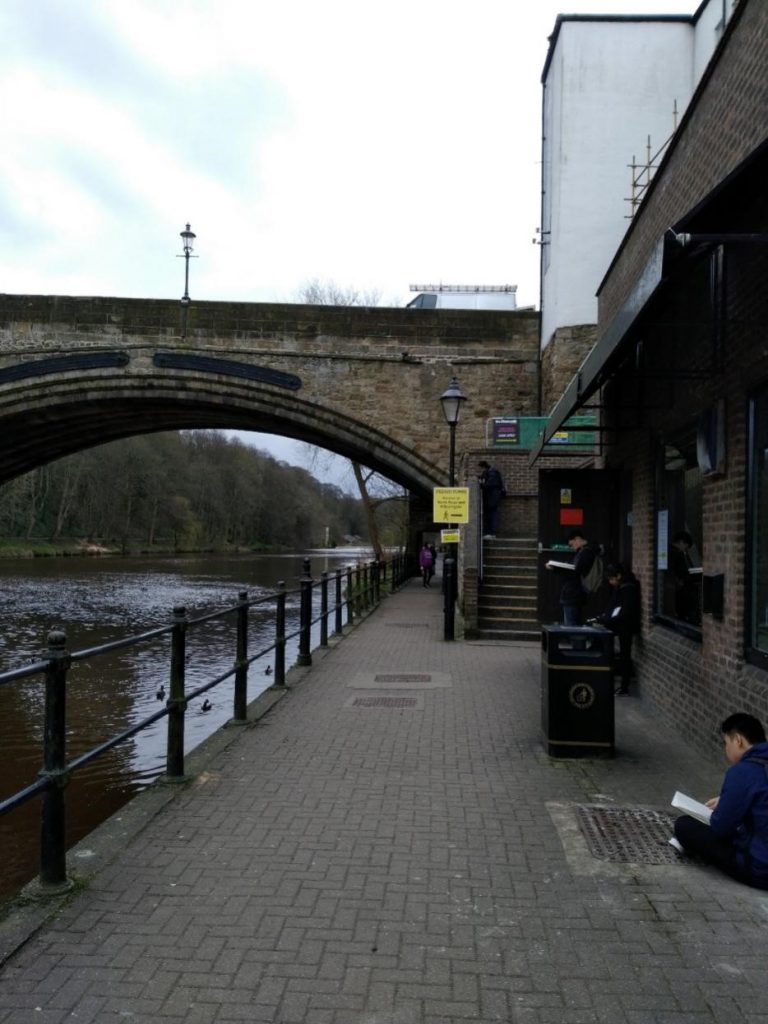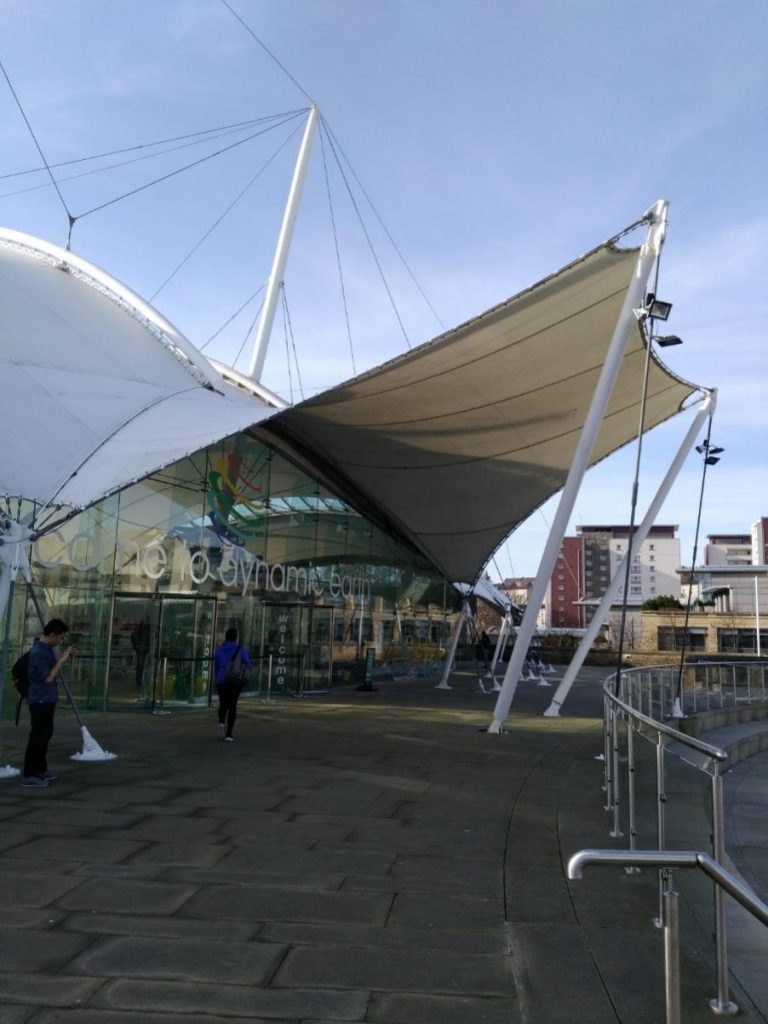Tshepo Tshambane, a postgraduate student studying an MSc in Geotechnical Engineering, writes about the research aspects of her degree and how it has benefited her learning experience at Newcastle University.
In my postgraduate degree, the research aspect comes in the form of a dissertation. We are provided with over 60 open ended topics and room to add our own if we so wish. The research topics are varied in nature some involve immense field work while some are laboratory based. These topics are real world issues that in some shape or form have not been fully addressed yet and thus gives us the students, an opportunity to complete the puzzle with our own understanding, both methodically and creatively. Some of the topics given are directly from industry where a company is having a time sensitive issue such as the progressive decrease in usage of Pulverised Fuel Ash (PFA) for mine grouting, as an example, and they need to find an alternative product. The students work hand in hand with these companies, giving them the chance to come up with ground breaking solutions as well as an opportunity of work under industry conditions.
Though the research is primarily our work to demonstrate our own initiatives and the direction in which we would want the world to move to, we are supported by research active academic staff who have a strong interest in these fields. With most, the topic they have proposed stems from work they have done previously and are possibly in need of a fresh mind with a new perspective to forward the work. They guide us and offer advice from their years of knowledge and experience while giving us free reign of the project.
The way our dissertations are set up is truly enriching not only academically but also with obtaining soft skills as we learn how to work on our own initiatives and practice time management as we work with deadlines and more so our research runs alongside our normal academic schedules. We learn effective communication skills from presenting ideas we have in our heads to an audience who may or may not know what the subject entails. Our employability skills are also improved in terms of presentation and proposal writing, allowing us to gain specialist knowledge and the ability to decide what is relevant or not. I have truly enjoying this process, the research here is both challenging and eye opening, it prepares us well for life after graduation; both in industry and when pursuing a PhD.



